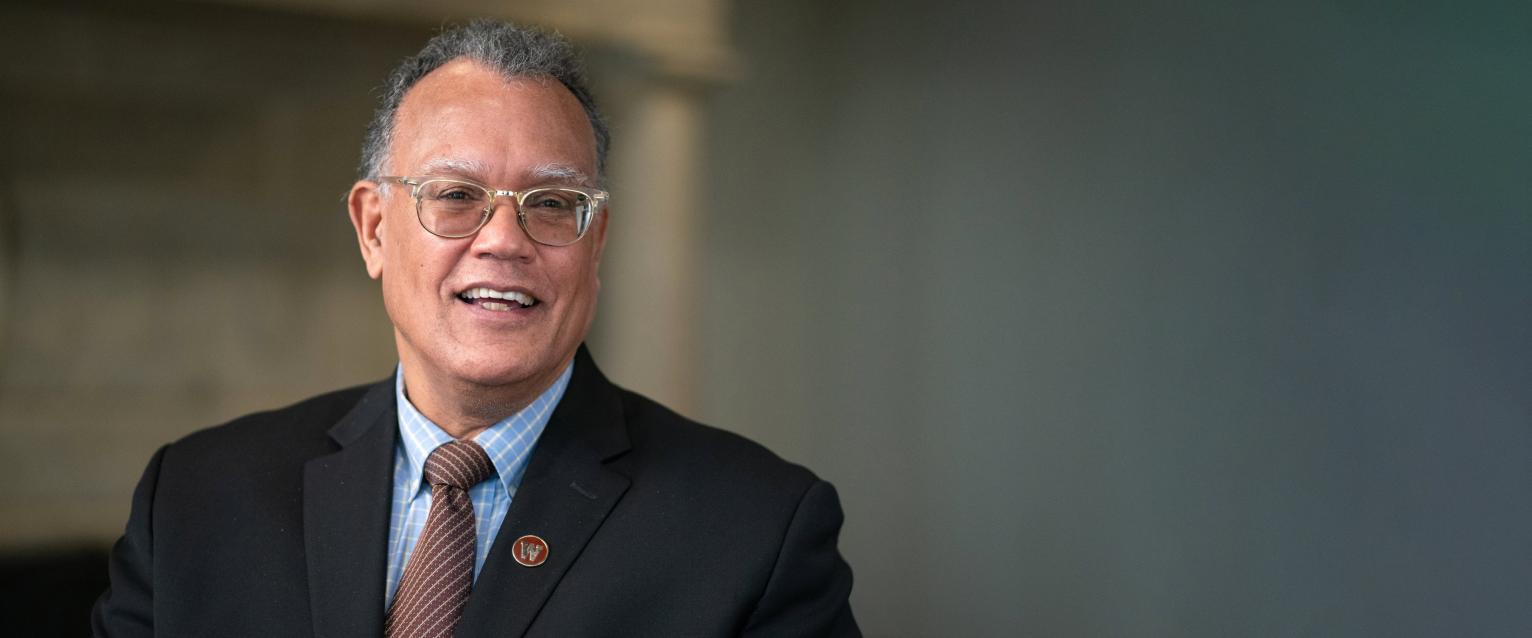Discovering resilience and the ability to pivot in the face of the unexpected

Dear friends,
At Western, we are in the business of developing human potential in a way that will have a lifelong impact. What’s most exciting and challenging is that we must do so in a dynamic world that calls us to constantly rethink the contours of the future we are sending our graduates into.
If you pause, you can see evidence of the pace of change all around you. With a few clicks, we can order a pizza, buy a week’s worth of groceries or even obtain a new car, all without leaving the couch. Advancements in self-driving vehicles are turning science fiction into science fact; researchers on our campus are studying how to make them safe and accessible. And the last year provides indisputable evidence of the ever-evolving nature of our society. We continued working productively through a global pandemic thanks to videoconferencing, Wi-Fi, powerful laptops and tools that were unheard of just a few years ago.
We are focused on providing an educational experience that helps graduates adapt and thrive in this quickly changing world, finding new ways to help them flourish no matter what the future may hold. Adapting to change is not new, but the need to do so quickly in a world where technology is accelerating that change certainly is.
The World Economic Forum predicts those uniquely human thinking abilities are among the ones employers will find even more important in years ahead.
Perhaps because technology has sped up the pace of change, it has also elevated the need for vital skills like critical thinking and problem-solving. The World Economic Forum predicts those uniquely human thinking abilities are among the ones employers will find even more important in years ahead. They include cognitive flexibility, resilience, lifelong active learning and the ability to manage stress.
This is the world we anticipate that drives us to give students room to discover their purpose, become mentally tough, and explore and think beyond disciplinary boundaries.
Our Richmond Institute for Design and Innovation is a hallmark example of a future-focused education. Students use both design and technology to do one of the most difficult things: create something new of value. In this magazine, you’ll learn about how its first graduates are challenged to look beyond traditional production practices to creatively rethink product development.
We’re also teaching students how to develop new solutions to enduring problems. Dr. Ricky Stull and his team, including undergraduate Chris Clark, are taking a different look at nicotine addiction. By studying enzymes, they uncovered new knowledge that can lead to a nonchemical method for helping smokers kick the habit.
And when it comes to resilience, Justin and Alexis Black could write the book. In fact, they did. These determined young alumni grew up in the foster care system. They met at Western and, as you'll read in this issue, they are now inspiring the world as authors and entrepreneurs.
These are just a few examples of how Broncos are discovering their resilience and ability to pivot in the face of the unexpected to emerge on a new path forward. Our world is better for it.
Sincerely,
Edward Montgomery, Ph.D.
President

